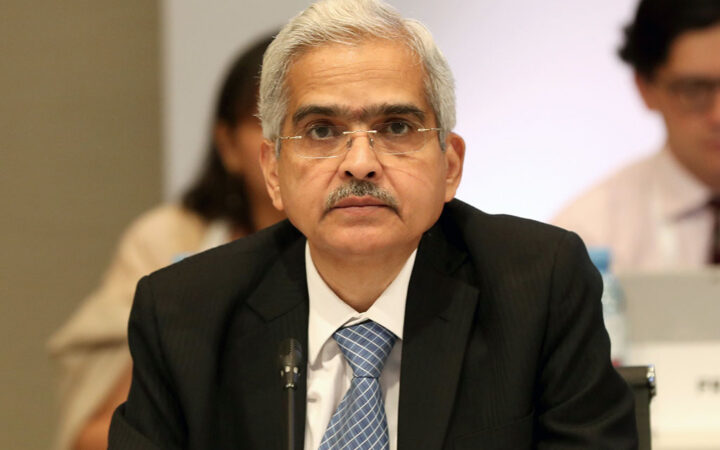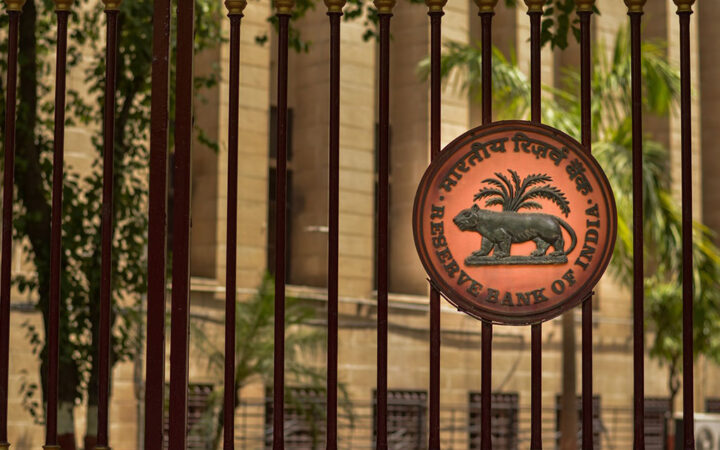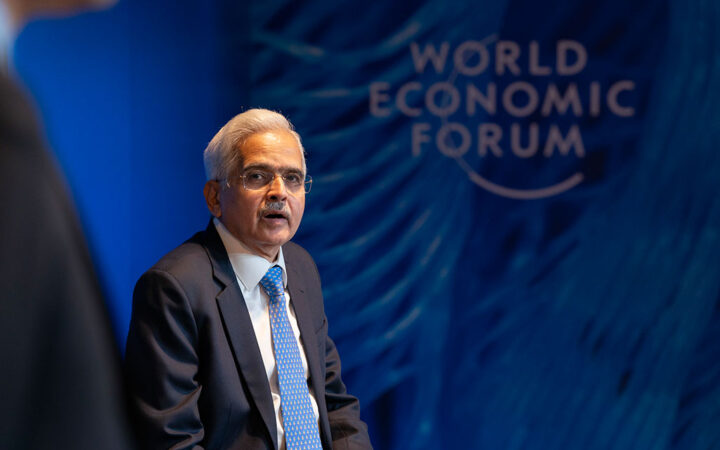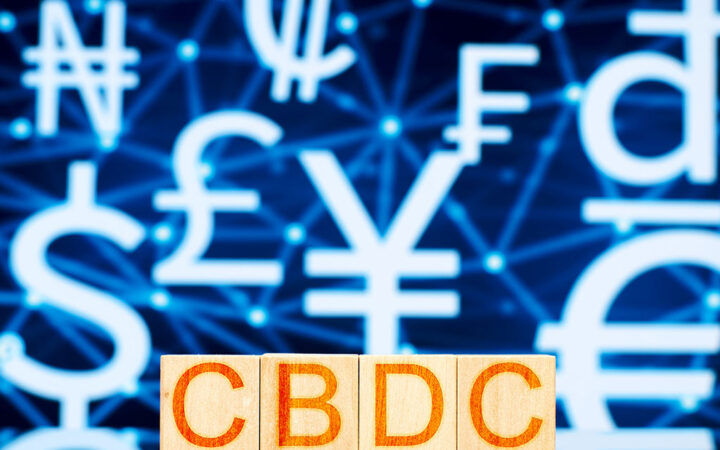
Crypto fanatic, writer and researcher. Thinks that Blockchain is second to a digital camera on the list of greatest inventions.
According to the RBI, the phased introduction of the CBDC is high on the agenda for 2022-23.
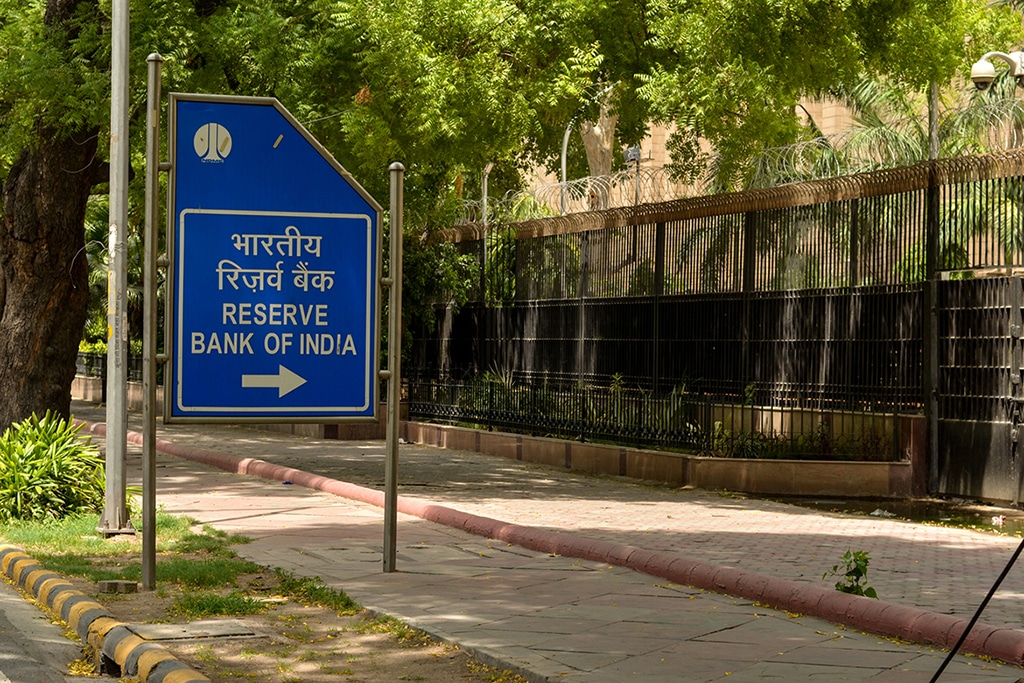
The Reserve Bank of India (RBI) is set to resort to a ‘phased approach to the introduction of its digital rupee central bank digital currency (CBDC). According to the annual report published on May 27, the RBI wants the digital rupee to be in line with the objectives of its monetary policy, financial stability, and efficient operations of currency and payment systems.
The Reserve Bank of India will also subject its digital rupee to a proof of concept and pilot stage before fully launching. The latest development comes just a few months after the RBI announced it was planning to begin testing and running pilot projects of the CBDC. There has, however, been a lot of speculation with regards to the launch of the country’s CBDC, with the RBI stating that the bank has been examining its risks and advantages of it as the Finance Bill of 2022, which serves as a legal framework for the asset’s launch.
“The introduction of CBDC has been announced in the Union Budget 2022-23 and an appropriate amendment to the RBI Act, 1934 has been included in the Finance Bill, 2022. The Finance Bill, 2022 has been enacted, providing a legal framework for the launch of CBDC,” the report reads.
According to the RBI, the phased introduction of the CBDC is high on the agenda for 2022-23. Nirmala Sitharaman, India’s Finance Minister, also revealed that the digital rupee will be launched later this year. The Reserve Bank of India first announced that it would work on a CBDC earlier this year, as Sitharaman described it as an advantageous asset. The RBI believes that the introduction of a transparent public ledger can curb the problem of fake notes in circulation.
Sitharaman also described India as a tech-forward country when it comes to payments, and similar to China, the country already has a large user base for digital and app-based payments.
India has, however, imposed a 30% tax on cryptocurrency income, discouraging digital asset investments, while some senior central bank officials are also calling for a ban on the assets. India has stepped up its efforts to regulate the crypto space after stating last year that it would not recognize bitcoin as a currency and promising investors that crypto would not be prohibited.
The harsh taxes imposed on crypto have sent India’s crypto volumes down the drain, with figures plummeting since the introduction of the tax scheme. India’s government is, however, not fazed by the current state of crypto in the country as it believes that there needs to be cooperation internationally for regulation to truly succeed. The country’s lawmakers will reportedly take their time to draw up a regulatory framework for crypto.
Disclaimer: Coinspeaker is committed to providing unbiased and transparent reporting. This article aims to deliver accurate and timely information but should not be taken as financial or investment advice. Since market conditions can change rapidly, we encourage you to verify information on your own and consult with a professional before making any decisions based on this content.

Crypto fanatic, writer and researcher. Thinks that Blockchain is second to a digital camera on the list of greatest inventions.
